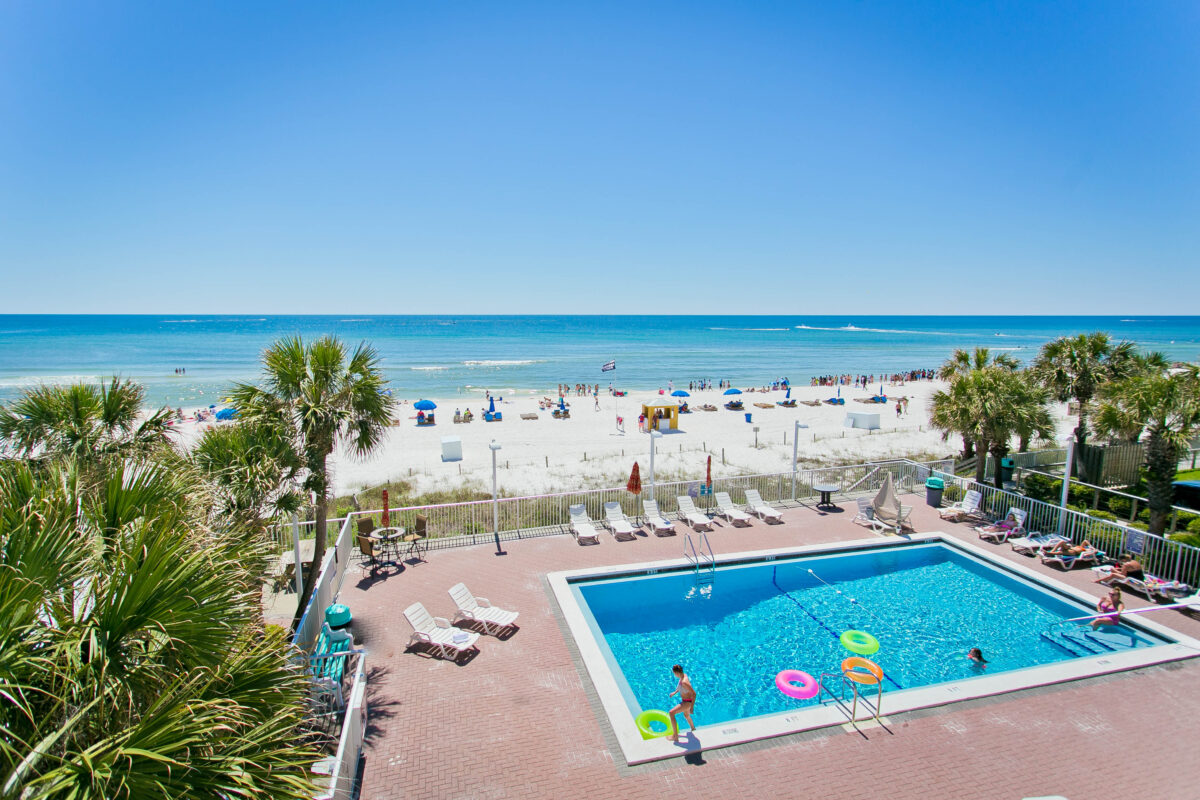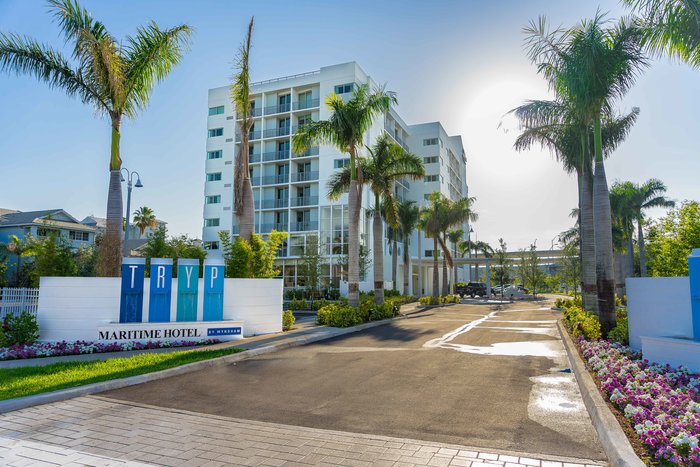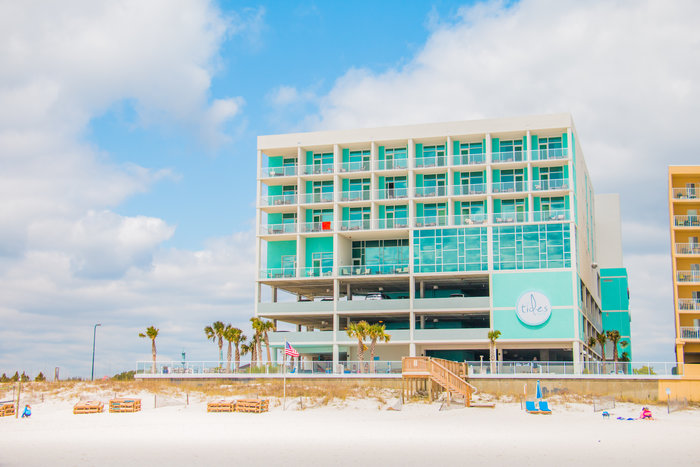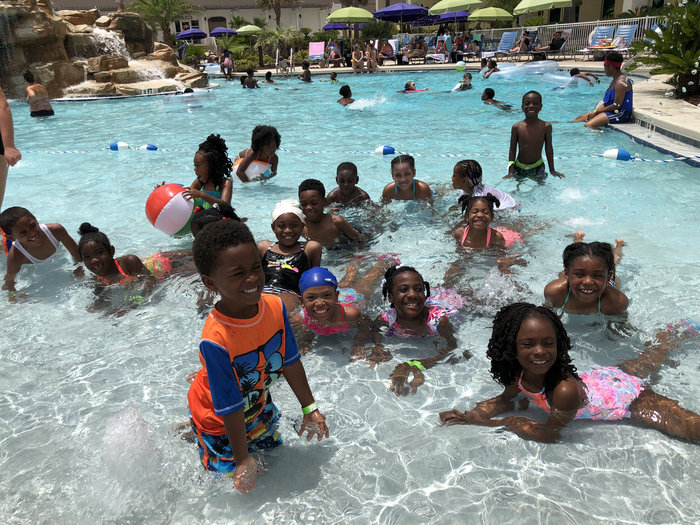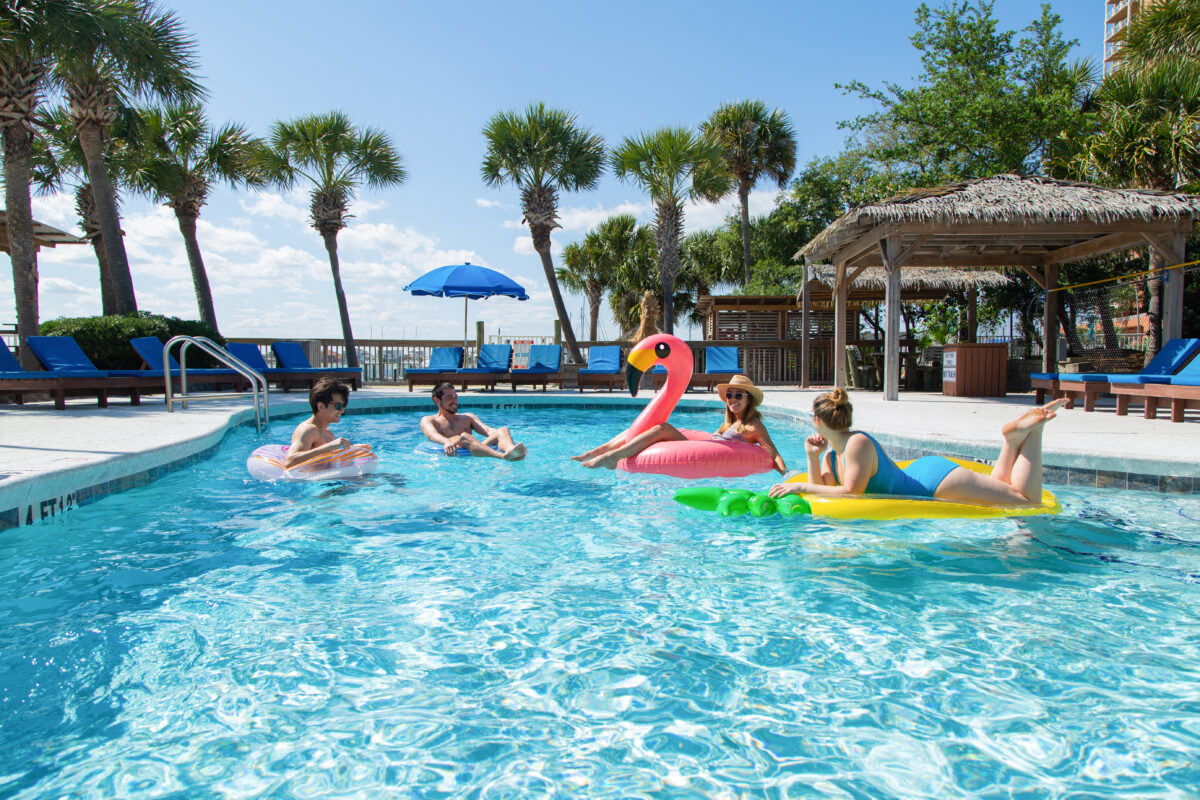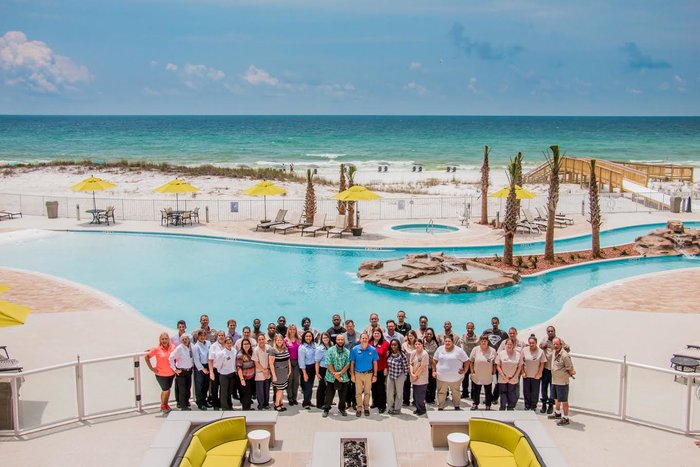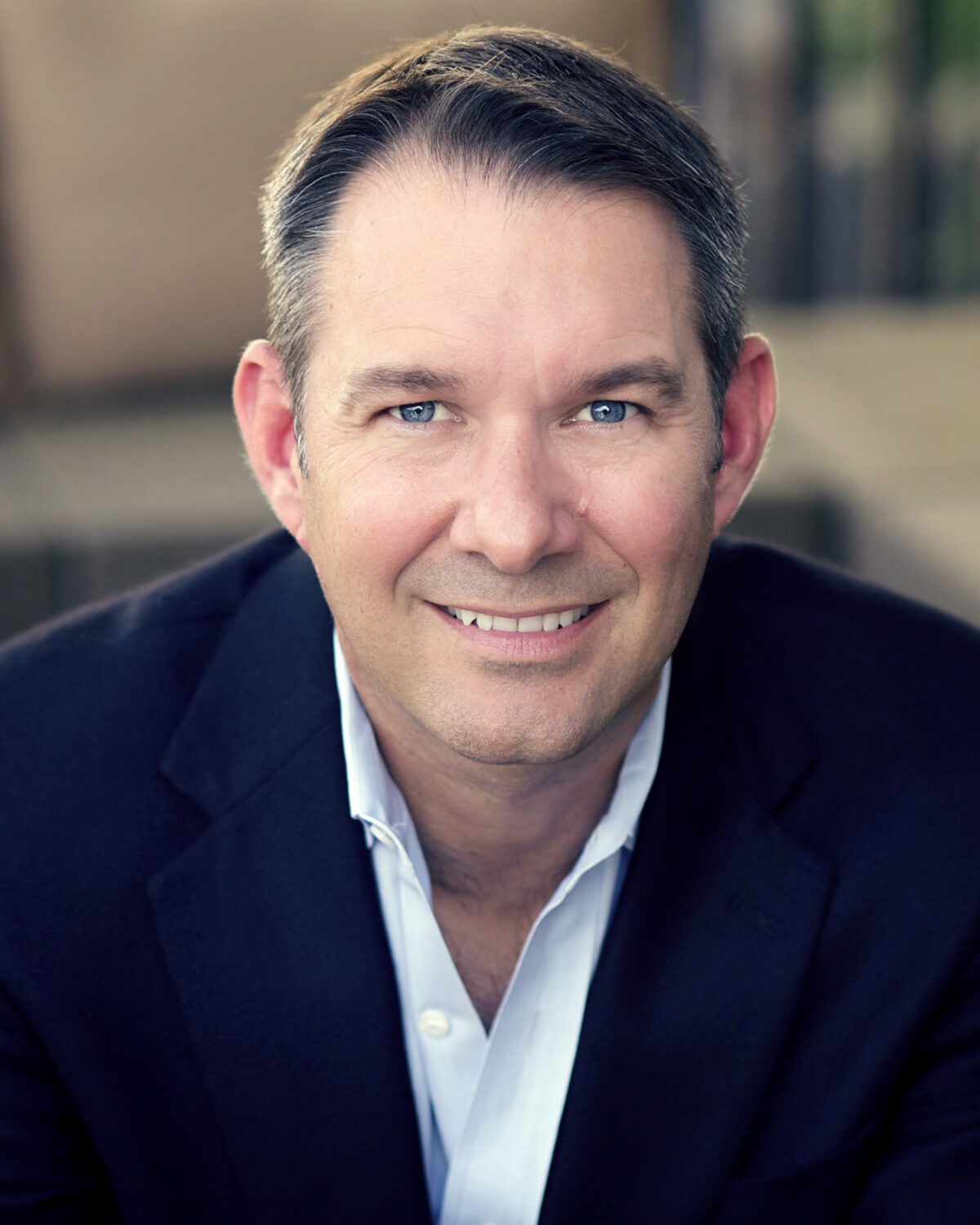Innisfree Hotels Digital Advertising Costs
Innisfree houses a robust internal marketing agency called. Recently, the executive team and many General Managers reached out to us with concerns about our digital advertising spend. We exceeded budget in 2017, and the trend appears to be continuing in 2018.
These concerns are valid. In fact, they keep us up at night and prompted the team to do an in-depth dive analysis of our digital advertising campaigns and strategy with our amazing digital advertising vendor.
We brainstormed a plan that is a fairly significant departure from our current advertising strategy. We plan to implement this new approach with the hope that it addresses latest trends in the fast-changing digital advertising landscape and improves our returns, while reigning in our wildly escalating costs.
Before we discuss the changes, let’s talk about the previous approach – and how we got here.
Our in-house agency launched a digital ad program for Innisfree properties three years ago on Google Adwords and Facebook. Our strategies were fairly straightforward.
On Google, we wanted our hotel websites to appear at the top of the Search Engine Results Page (SERPS) when users searched for relevant terms, such as ‘hotels orange beach alabama.’
Our goal was to have our hotel website rank above Online Travel Agent listings (like Expedia and Booking.com) that appear for our hotels when users search these terms. We hoped that, if we could snag bookings from these ‘brand agnostic’ customers from the OTAs, we could decrease our commission costs. We also hoped to snag some business from our competitors via increased exposure.
On Facebook, our goals were aspirational. Social media users are typically at the top of the booking funnel (dreaming about a beach vacation) rather than in the process of actually choosing a hotel. Our advertising goal was to move users along the path from aspiration to purchase.
Last year, a lot changed in the digital advertising space that has necessitated a more sophisticated approach. First, the number of channels on which we can advertise has mushroomed. In 2017, we launched new digital advertising campaigns on Bing and Instagram. We also launched programmatic advertising campaigns for our independent hotels.
Additionally, we started using Expedia Search Ads to steal share from our competitors by paying per click to appear at the top of Expedia listings. The return on these ads is tremendous. Revenue managers at all major brands are advising properties to participate in Expedia Travel Ads. Hilton recently implemented a 20% advertising match budget to incentivize hotels to participate.
Furthermore, we started bidding on pay-per-click advertising campaigns on metasearch websites including Google Hotel Finder, Kayak, TripAdvisor and Trivago.
Finally, we are testing a new pay-per-click advertising platform on TripAdvisor.
In short, in 2017, the number of channels where we advertise grew significantly, as did the technological complexity of executing campaigns. Innovative opportunities for laser targeting consumers who are likely to buy our products exploded. The challenge last year is that we did not see this coming, so we failed to anticipate and budget for these new advertising expenses. We were also reluctant to cannibalize budgets from working ad campaigns to accommodate new channels.
We suspect this challenge is not unique to Innisfree.
The average consumer now communicates through five devices and visits twelve platforms before making a purchase decision. Five years ago, it was three devices and two platforms. Rapid growth is causing a proliferation of communication channels, and with them, new marketing opportunities and challenges for all businesses.
This makes deciding where to focus advertising budgets challenging. We can assess each channel individually and see in our analytics dashboards if our ad campaigns are producing revenue. What we cannot yet see is if our campaigns are moving consumers who would have booked anyway from one channel to the next. I know there are sophisticated data platforms that enable this, but we do not have the volume at this point to warrant the expense. This technology needs to advance a bit more before we can take advantage of it.
In a crazy digital landscape, it’s getting harder to determine what prompts a customer to buy. The path to purchase is longer and more complicated, making it more difficult to attribute what inspires consumer action. Consumers now move through too many channels to correctly assign the sale to any particular one.
For instance, just because the sale didn’t happen on a mobile device, doesn’t mean mobile didn’t play a role.The user likely used their phone to compare prices and read reviews. Also, we know that users typically do not purchase on Facebook, yet Facebook ads have a significant impact on awareness and aspiration. We are finding that even our customers can’t always tell us what touchpoint caused them to buy.
Additionally, turning ad campaigns off, we know producing results is a difficult decision when revenues are on the line. So budgets ballooned, and that trend is not diminishing this year.
The Plan
In 2018, we budgeted for digital ads on Google, Bing, Facebook, Instagram, Metasearch, TripAdvisor and Expedia. Our goal is to stay within budget – unless there is a compelling reason not to – while using strategy to attribute funds to the best producing channels.
Our first step is to transfer digital advertising management on all platforms to our third party vendor. Until now, they have managed Google and Bing, while our marketing agency has handled the rest in-house. In doing so, we will enable our vendor to develop a holistic view of our ever-growing multi-channel advertising environment. Note: Their data analysis skills far outpace our in-house marketing team’s because this is all they do all day every day.
We are also mixing up our channel-specific advertising strategies. We are going to regard OTA commissions as advertising fees, and will not use our precious advertising dollars to challenge the OTAs in certain guest segments. On Google and Bing, we are only going to bid to show ads to users we’ve ‘touched.’ By ‘touched,’ we mean our previous guests, or users who have visited our website or interacted with us on social media.
We use guest email addresses to identify previous guests when they are searching for hotels in our destinations on Google and Bing. If our guests use their email address to sign into a Google product such as YouTube, Gmail or many others, we can match that email to search activity and target them with ads. We also have cookies installed on our websites, so if users visit our sites, we can later target them with ads when they are searching for hotels in our destinations. These are the most natural users to convert, and so we will be able to reduce the budget we spend on Google and Bing search campaigns while improving results.
If we have never touched a user, meaning they are searching for hotels in our destination but have never stayed with us, visited our website or interacted with us on social media, we are going to let the Online Travel Agencies (OTA) have them. Many of these people are OTA loyalists. (Expedia has more people in their loyalty program than Hilton). Once they stay with us they have ‘touched’ us, and we will take measures to convert repeat visitors to direct bookers.
We are also going to stop bidding on branded terms for our branded hotels. For instance, we will no longer bid on terms such as ‘hilton pensacola beach’. Our brand e-commerce departments are supposed to do this, and we will hold them accountable for that.
We plan to stop display advertising on Google and Bing. Display ads are the image ads that show on third party websites and work at the top of the sales funnel (when users are more aspirational and not ready to book). Social media is a much better platform for the top-of-the-funnel ads, so we are going to move budgets previously used on remarketing and display campaigns on Google and Bing to Facebook.
In short, we are going to hone in our efforts on Google and Bing to people who are ready to book in our destination and know about our hotels, while focusing our social advertising on aspirational top-of-the-funnel users.
We are also adjusting our Facebook advertising strategy and focusing all of our budgets on top of the funnel ‘lookalike’ audiences with the goal of getting new people to visit our websites. Previously, we’ve targeted everyone in a specific age range in our critical geographic areas (which is Top Ten states in most cases).
We will use guest emails to build custom audiences on the Facebook ad platform (we’ve been testing this strategy for a year now). How this works is, when we load our guest emails into the Facebook ad platform, Facebook matches the email addresses to Facebook user accounts. We will also create custom audiences on the Facebook ad platform for users that have visited our website and/or entered a win a stay contest.
The Facebook algorithm then analyzes these users groups and generates large databases of other Facebook users who share similar demographic and psychographic characteristics as our guests. We then target these user groups with ads on Facebook and Instagram because we know they are more likely to enjoy a beach vacation than a more heterogeneous group of users in our geographic target areas.
These are called ‘lookalike’ audiences. Lookalike audiences consist of social media users who share the same demographic and psychographic traits as our customers and fans, but have never stayed in our hotels, visited our websites or interacted with us on social media. Our goal is to spark interest in this group in our hotels and entice them to visit our website or entice them to engage our social media profile. Once a user executes one of these actions, we will discontinue social ads and target them with low funnel Google and Bing ads when they are ready to book.
We are going to discontinue all other social media campaigns with one exception. We are going to pay to ‘boost’ the reach of our organic social media content (without a call to action) to keep our properties top of mind for previous guests.
We are hoping that these tactics will enable us to decrease some digital ad budgets to free up some dollars to use in other channels.
Innisfree’s marketing costs have risen since we established our marketing agency in 2010. However, this fact is unsurprising because nothing we are doing existed in 2010 (except perhaps designing and printing rack cards and the very occasional print ad).
In 2010, hotels were debating whether they needed social media, digital advertising, and online reputation management. In 2010, customers did not book or research hotels on their phones or visit 24 websites before making a booking. The big hotel brands did not offer e-commerce programs.
Everything about marketing has changed since 2010. I mean everything. Nothing is the same. Even old people book hotels on the internet now. Today digital marketing tactics (and their associated expenses) are commonplace, customary and necessary. Today a hotel needs digital marketing like it needs a telephone and carpets. It isn’t cutting edge, it isn’t optional, and sadly it isn’t free.
Our only choice is how we do it. We need to outsmart our competitors and find efficiencies wherever we can work in a fast-changing environment. The goal of our internal agency to stay ahead of the curve and save money wherever we can by growing our in-house capacity to save on agency fees.
Hotel operations, on the other hand, have evolved at a much more measured pace, and so the costs associated with general hotel operations have changed very little. In fact, technology is offering opportunities for finding operational cost efficiencies (especially in the areas of water and energy).
The Bottom Line
In short, we are going to have to get used to wild variances in marketing costs (next year we might have to produce virtual reality tours). Maybe we need to pay for increased marketing costs by saving water and energy. (Smile.)
We need to remind ourselves that comparing today’s marketing costs to 2010 is like comparing a horse-drawn buggy to an airplane. They aren’t the same thing at all. A plane is much more than double the price of a buggy, but you still want to travel across the country in a plane, right?
– Jill Thomas
Chief Marketing Officer, Innisfree Hotels
